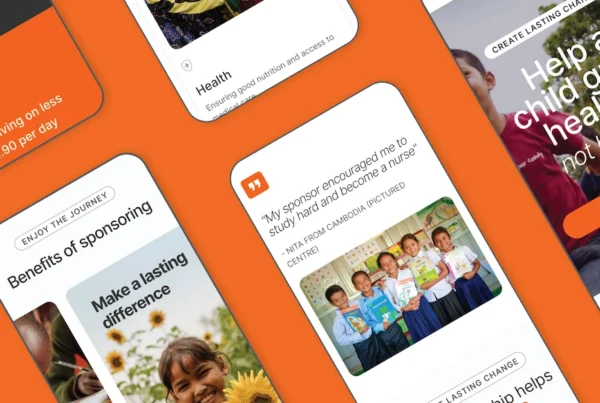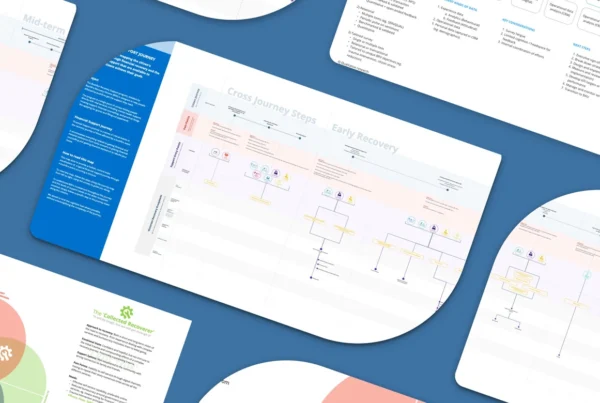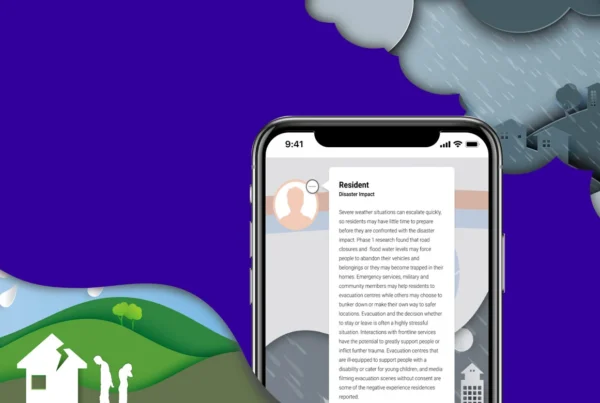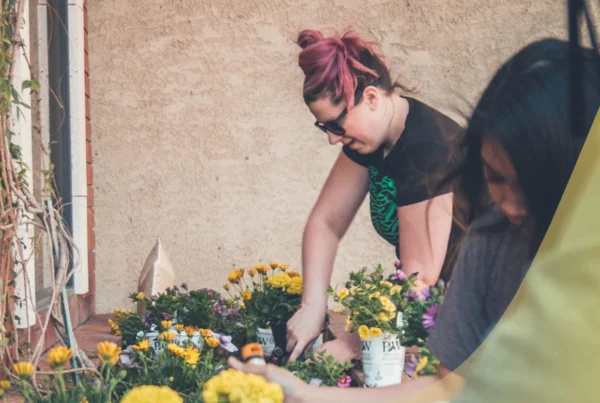Helping communities to recover from natural disasters
Client
Thriving Communities Partnership
Services
Design Research, Customer Experience, Service Design
Industry
Social impact
Year
2019 – 2021
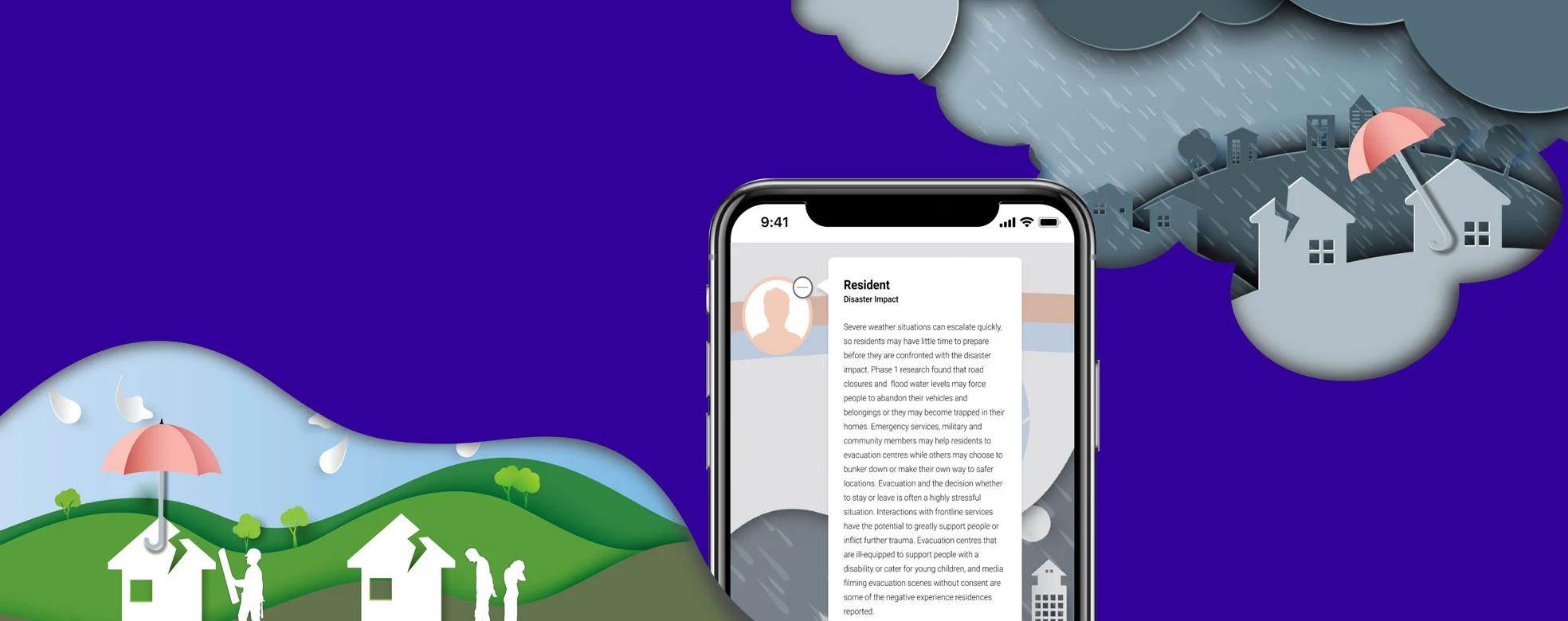
Impact
Following the North Queensland Monsoon Disaster of 2019, Thriving Communities Partnership (TCP) set out to understand and evaluate how the service and support ecosystem impacted the local community’s experience and influenced their ability to respond and recover. Employing \Symplicit’s design research approach, we delved into the experiences of individuals, small businesses, and organisations to show how disaster recovery can be collaboratively designed as a service. As a result, our research program has helped the 120 organisations that form TCP to identify actionable, cross-sector, people-centred improvements that support communities to recover and thrive when faced with disaster.
Value
Symplicit created community journey maps and an interactive system map that illustrated the interconnected experiences of residents, small business owners and organisations. The illustrative storytelling tools make a common starting place for understanding and change across the many sectors and industries involved in disaster planning and recovery.
In Queensland, Symplicit’s research brought organisations together across sectors to collaborate on initiatives addressing accessibility, mental health, resourcing, and communication challenges.
At a national level, Symplicit’s research has helped sectors identify the need for and collaborate on industry-wide consistency in disaster recovery.
Process
Symplicit’s approach has been recognised with two Good Design Australia awards, including Best in Class for Design Research. We delivered the work over two phases:
In phase one, we conducted contextual interviews with residents and small business owners impacted by the North Queensland Floods. Recruiting was done through trusted community organisations and networks and stands at local events to ensure diversity. In addition, the interviews created several thousand data points that were synthesised into two community journey maps, with an associated insights report, to illustrate the positive and negative impacts on community resilience.
Building on the insights of phase one, we leveraged stakeholders’ knowledge to identify over 150 organisations in the ecosystem. We conducted interviews and focus groups with frontline workers across 12 industries who assisted the community on the ground and remotely. In addition, we connected ecosystem, industry, and organisational findings to the community experience, ensuring that the people’s needs remained at the forefront of the complex ecosystem. Using the research, we developed an interactive system map and insights report that enabled remote, nationwide engagement of the findings.
During both phases, Symplicit facilitated workshops and events with the many TCP organisations, such as banks, not-for-profits, utility companies and Government, to elicit the narratives and insights uncovered from the research. Over 300 people from across 120 organisations have participated in events since the start of the project.
Mindset
In our pursuit to understand the complexity of natural disasters, we always retained sight of the individual lived experience. With this in mind, we encouraged courageous and unexplored ideas to innovatively address complex research and design challenges. We also recognised that improving disaster resilience required working together towards this common goal.
